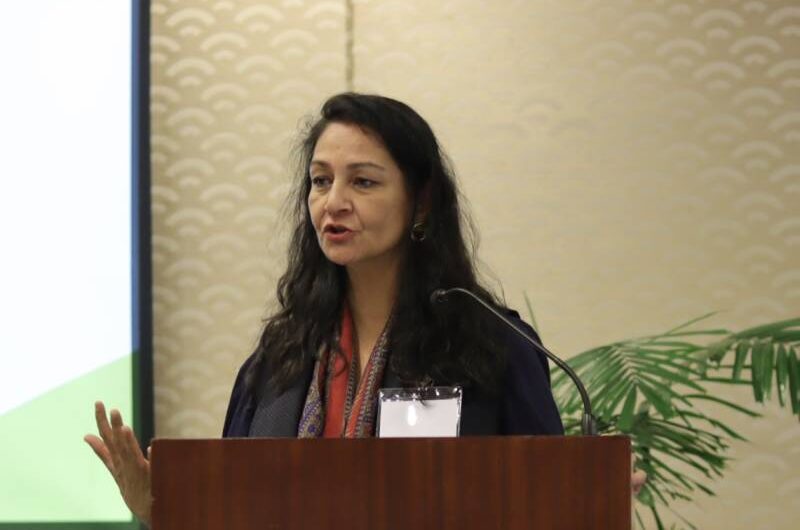Youth shape Asia-Pacific water resilience agenda

Youth leaders from across Asia and the Pacific convened recently to tackle the region’s most urgent water challenges at the 5th Asia and the Pacific Youth Symposium (APYS5), convened by the Asian Development Bank (ADB), Plan International, and International Water Association’s official local youth chapter, the Philippine Young Water Professionals.
Held as part of ADB’s Water and Urban Development Forum 2025, APYS5 serves as a social platform for dialogue among governments, civil society, youth, and development actors. The symposium participants will work together on an Action Agenda to guide future steps in meaningful youth engagement in ADB’s water sector operations, projects, and initiatives in urban and rural areas.
Despite progress in rural and economic water security, nearly two billion people in Asia and the Pacific still lack access to basic water and sanitation services.
In her opening message, Reena Ghelani, CEO of Plan International, emphasized the need to center youth in water and climate strategies. “We cannot build water resilience without youth leadership,” Ghelani said.
She underscored the intersection between water insecurity and social inequality. “In many rural communities, girls walk several kilometers daily to collect water, making them miss school and face physical and health risks. For persons with disabilities, inadequate infrastructure and inaccessible services often result in systematic exclusion.”
The call for inclusive, youth-led solutions echoed across the symposium. Participants—including Plan International youth champions from Metro Manila, Occidental Mindoro, Samar, Maguindanao, and Lanao del Sur—highlighted the need for meaningful youth participation in local water governance and international water finance.
To drive innovation, delegates proposed youth-led accelerator and incubator programs focused on water solutions. They called for integrating water conservation education into school curricula through partnerships with academic institutions.
Beyond programmatic approaches, participants urged systemic reforms: climate-resilient infrastructure, gender-responsive governance, and equitable water access amid worsening droughts and floods.
These recommendations will inform Plan International’s ongoing programming work.
“APYS5 gives young people like me a chance to speak up, share ideas, and be part of the conversation on real issues affecting our [communities],” said Jose, 25, from Occidental Mindoro.
Cielo, 17, from Northern Samar, believes in young people’s ability to advocate for change and inspire others to amplify their voices. “Even in the smallest and unnoticeable ways, we can help. We may not have the power to do so as we are young, but we can be the ones who push and influence others. I expect leaders to listen to us with a helpful heart and pure intentions.”

















